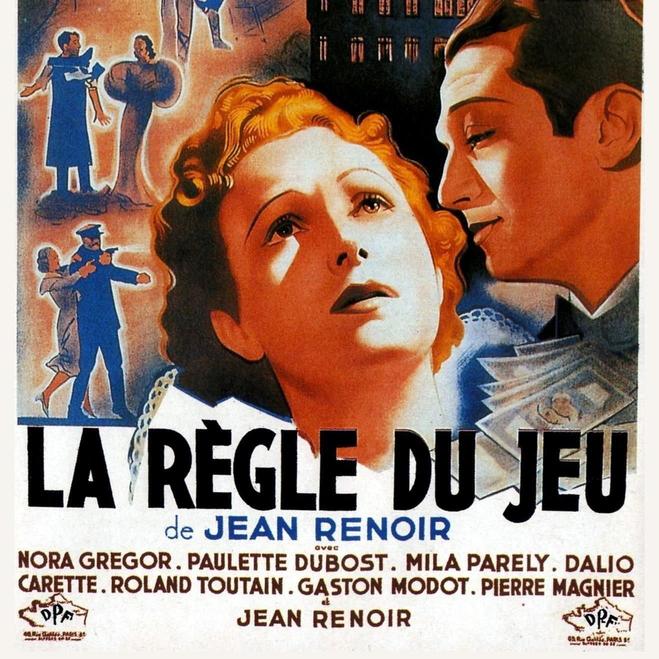"L'Ash des Films", episode 2 - 1936: Chanel and Renoir or how to break the rules of the game
We should be able to find the effervescence and inventiveness of French cinema from the 1930s.A cinema swept by life.
The speaking was invented in the USA in 1929.He arrives a few months later in French cinemas.In only four years, cinema is completely changing aesthetics.In France, the battle rages between the supporters of a cinema now closer than ever to realism and those who defend a vein that we would describe, to caricature it, as "filmed theater".
In the midst of all this, an otherwise more intelligent artist, much more paradoxical, looking at this false debate with an amused eye: it's Jean Renoir.
How to obtain your fbi file http: // t.CO/PFFUD3B4PX #Wikihowto http: // t.CO/GLK1PQXJJR
— wikiHow Thu Apr 30 04:30:06 +0000 2015
False debate because for him, cinema is necessarily of realistic essence.He is the son of Auguste Renoir, one of the greatest impressionist painters.Jean Renoir is one of the first to leave the studio, to magnify natural light.To make elements, especially water, current, rivers, components of its cinema.We always describe it as the greatest of naturalists.Well Named.Because he is, by far, the precursor of modernity, the one who will show the way to the Italian neo-realistic filmmakers of the post-war period (like Rossellini and Visconti) as he is a recognized godfather of the filmmakers of the new wave inFrance in the 1960s (Truffaut, Godard, Rohmer or Rivette adulated him).

But Renoir also knows one thing: the human comedy, which he crunches in his films, is herself a theater.And this theater has all the more extraordinary springs, reversing comedy effects, or terrible drama, inhabited by a fabulous critical force, when we confront the rites of the bourgeoisie, the environment in which Jean Renoir grew up, to thoseof the workers' circles, of which he feels politically close.
The Renoir of the years 1935-1939 is a filmmaker who openly claims to be the Popular Front.La Marseillaise, the crime of Mr. Lange, life is to us are carried by the hope of a political change in France, of greater equality and the emergence of a possible new way of thinking about work orsocial organization from the collective.








